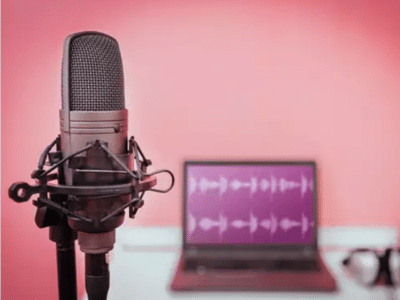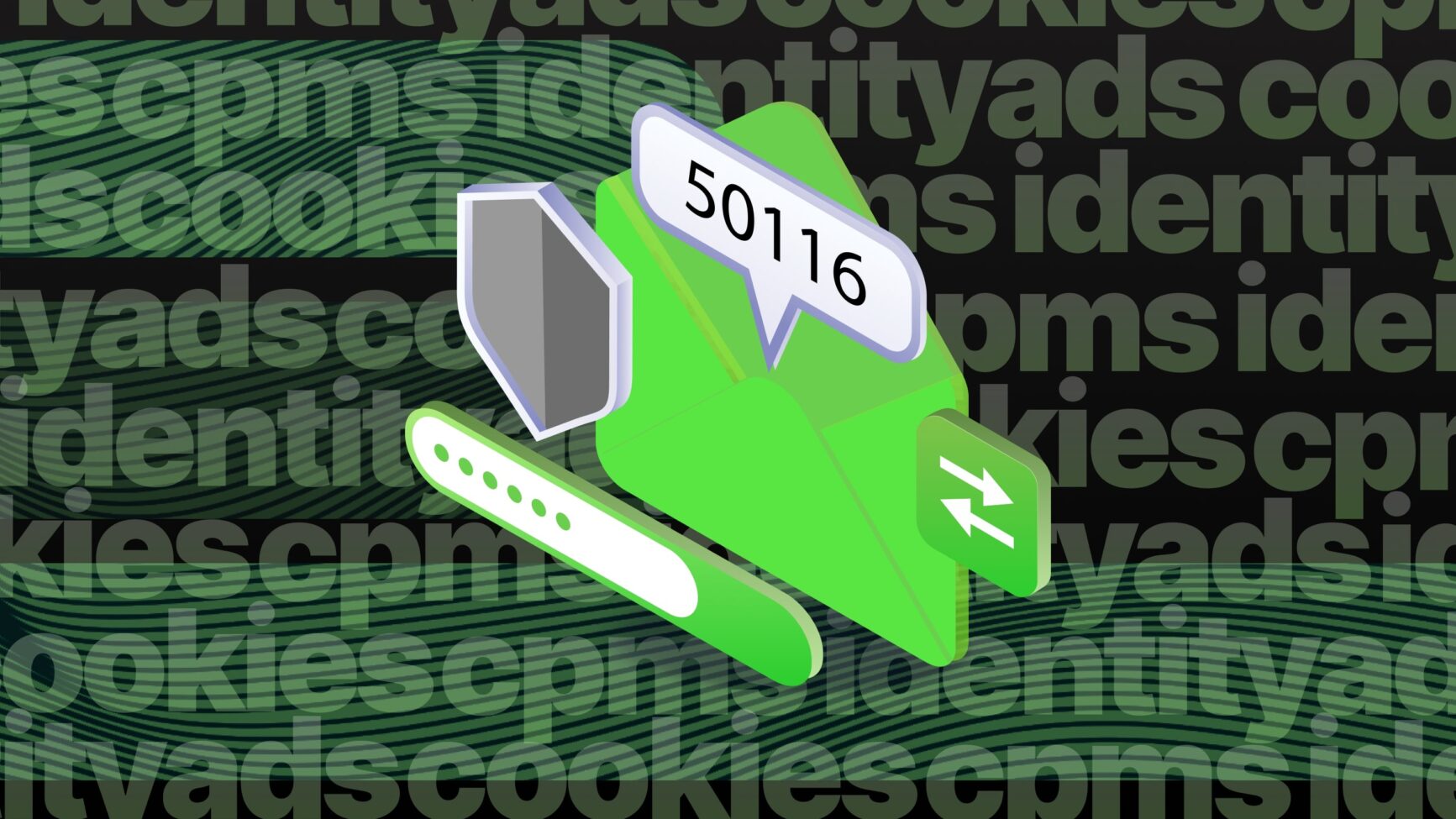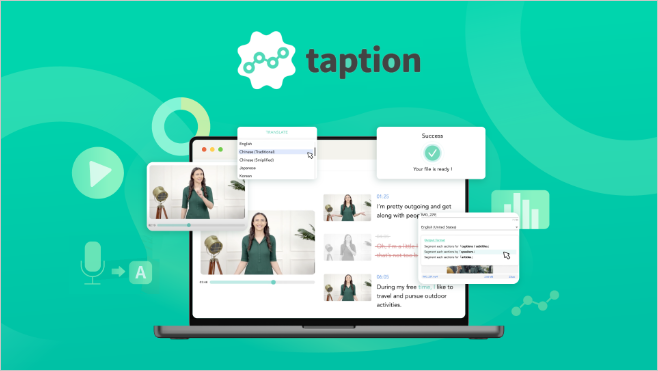What happened?
Research conducted by neuroscientists at Neuro Insights and commissioned by BBC StoryWorks (a BBC Global News’s branded content department) reveals the influence of branded podcasts on active and passive listeners. The researchers reached out to 2,448 respondents in 10 industries around the Globe.
The report also predicts the effects of the evolution of Voice Assistants, Smart Homes, and Podcasts on the ad Market.
Why it matters
The rise of voice assistants like Siri and Alexa is gradually changing the news industry. Journalists and news companies are pushing for the development of podcast news, as it may serve as a better alternative to site ads if done appropriately.
As Bohb Blair, Global CXO at Starcom puts it, ‘it’s up to those partners to continue effective journalism; to make sure it’s trusted work. And distribute it in a way that people can have it.
Digging deeper
In general, podcasts have three important qualities that make them suitable for advertising. They are as follows; Convenience, Communication and Control. People don’t want to be fed with random news on the Tv or blog; they want to filter the news coming from new platforms. Communicating with the news gives them a sense of control.
In line with the words of Kath Blackam, ‘Podcast listeners don’t want to be passive. They want to interact with the news. For instance; people could give a voice assistant instructions like, ‘tell me more’ or ‘Can you send me a link to more info on that?’”
The most enticing thing about podcast ads is the reluctance of listeners to change the podcast channel or switch off the voice assistant when an advertisement is aired. Most times, podcast listeners are doing something else while listening to the podcast, so they aren’t really bothered by the ads. According to the Audio: Activated report, ‘94% of listeners consume podcasts while performing other tasks. Branded podcast inspires interaction with the brand advertised’
Podcast listeners reportedly get attached after giving it the first trial. Initially, they tend to resent podcast news, as the VA may require access to their schedule and contacts; however, their responses change after the first trial, as they realize how cool it is to interact with the news.
Also, the study reveals that podcast listeners tend to associate the message of a podcast with the brands advertised. According to the report, ‘In our sample, the word “innovative” was mentioned 12 times during the podcast. Listeners were later more likely to call the sponsor “innovative”, showing that they instinctively associate the brand with the message.’”
Content from our partners
The report findings back the use of branded podcasts. In regards to audience attentiveness, product acceptance and buyer’s intention, they were rated at 87%, 57% and 14% respectively. To arrive at these conclusions, the researchers adopted neuroscience methods, which work by analyzing brain waves during passive and active listening.
Bottom line
Branded podcasts present a rare opportunity for brands to find their way into the sub-consciousness of podcast listeners. Brands can now influence listeners, by registering certain notions and qualities through podcast ads.








